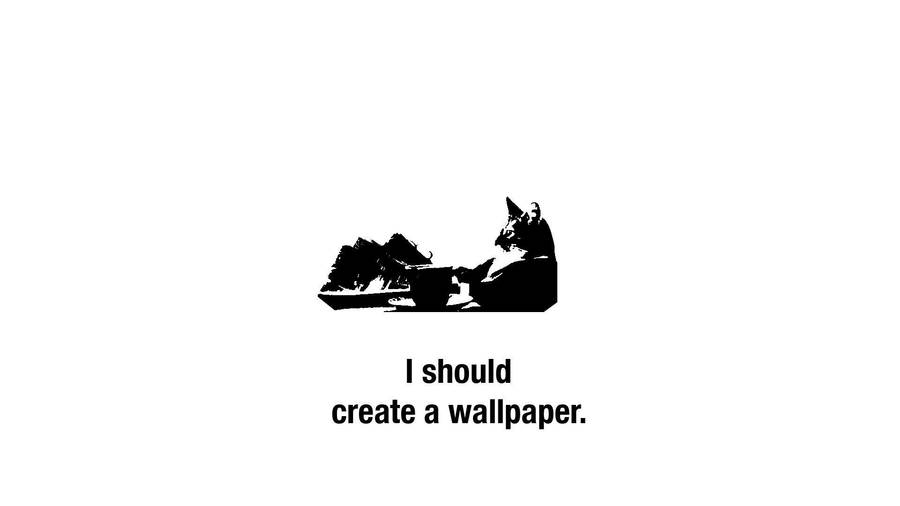by Katy White
In my last post, I talked about the
importance of querying in traditional publishing. Today, I want to share a few
additional resources that I used during my time in the query trenches. If
you're looking to make your work really shine, check these out.
First
Five Pages Workshop - From their site: "Our monthly First Five Pages Workshops begin the first Saturday
of every month. We accept the first five middle grade or young adult
manuscripts received by email starting at noon. (The
moderators) work alongside a guest mentor
to tell you what we see in those first five pages with respect to
your voice, plot, characters, setting, pacing and writing in
general. Depending on the mentor's schedule, they may comment only on your
initial entry, on the initial entry and one revision, or on all subsequent
revisions. You'll also get feedback and comments from your peers, and have the
opportunity to post two revisions, so you'll end up the strongest possible
start."
I entered this workshop for another manuscript, and it later
ended up winning a contest based on my first page! Although I eventually
decided to shelve that novel, the advice and insight I got from this experience
was crucial in making my next novel stand out, from the first five through to
the last five. If nothing else, look at the archives, comments, and the growth
of those entries over the weeks. It's really eye-opening!
Pitch Contests - Once you have a tight query,
killer opening pages, and a generally clean, strong manuscript, consider online
pitch contests like Pitch Madness, #PitMad, Pitch Slam, and #PitchMas,
among others. In these contests, you usually have 140 characters (Twitter) or
35 words (if it's through a blog/website) to condense your MS, then
typically your include your first 250 words. You need to make your pitch and
opening enticing, interesting, and utterly unputdownable. If you make it past
the judges, agents and even publishing houses make requests to see anything
from a query to your full MS! Even if you don't make it, though, seeing the
entries that make it helps you understand how to polish yours. For a more
beginning-to-end pitch contest, be sure to check out Pitch
Wars, where a mentor will read your entire MS and give you advice to
make it as pretty as can be for agents.
The Writer's Voice - This contest is a
"multi-blog, multi-agent contest hosted by some writers who are really well
known in the writing community for all the help they provide aspiring authors.
The hosts serve as coaches,
critiques, and mentors during the course of the contest. They select multiple
projects for their teams based on entrants' queries and first pages and help
make each entry as strong as it can be for the agent round.
These are only a few of the fabulous helps you can
find from the writing community. If you know of more, please include those in
the comments below!


